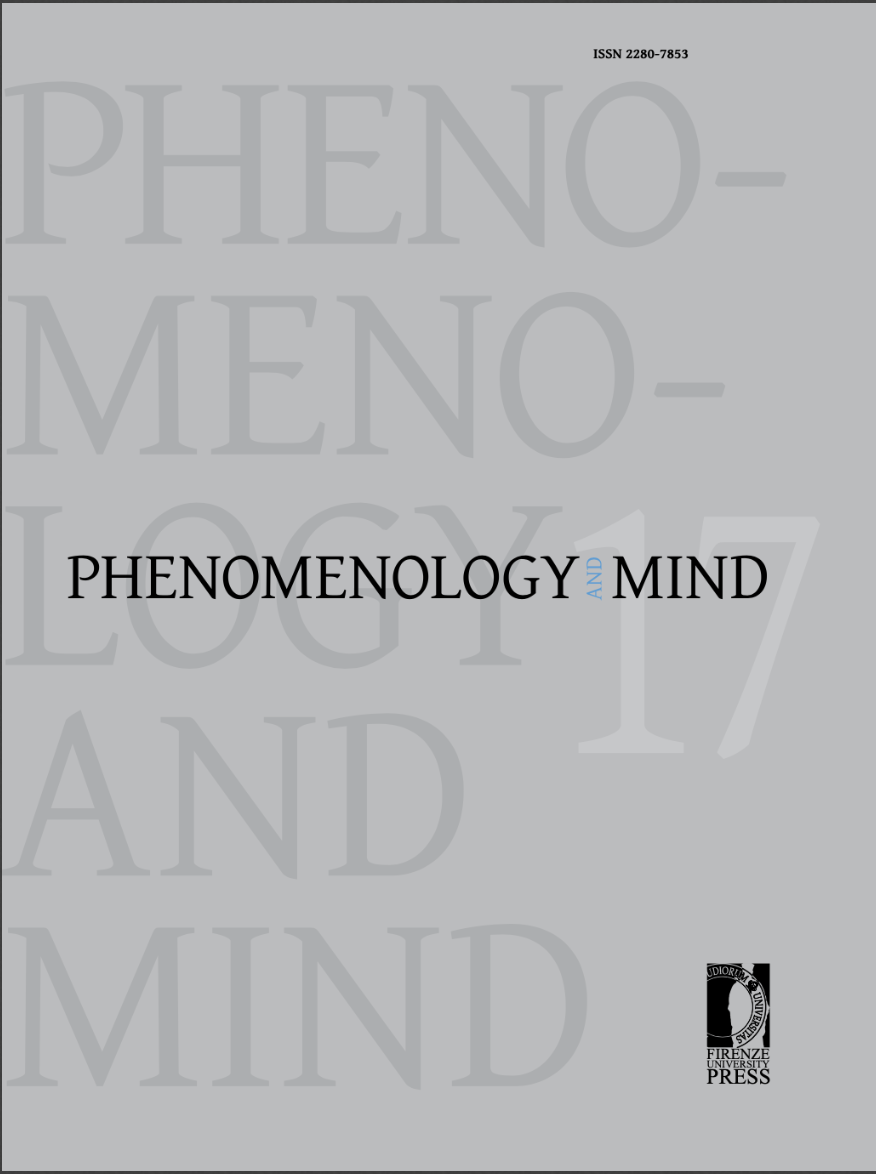Episodic and Non-Episodic Intentionality: on the Constitutive Function of the Epistemic Habitualities of Knowledge and Belief in Edmund Husserl
Published 2016-11-26
Keywords
- intentionality,
- habituality,
- horizon,
- knowledge
How to Cite
Abstract
Husserl introduced empty intentions into the framework of static phenomenology in order to render intelligible the fact that we are conscious of whole things in perception despite the fact that they are always presented to us only from one side and we don’t have any imaginative or symbolic representation of all their unseen properties. The article shows that this conception of empty intention is a misconception and that the emptiness that is constitutive for the givenness of whole things in perception is due not to empty intentions but to intentional habitualities, especially to habitual beliefs. These beliefs make up the empty horizons through which we have consciousness of whole things and of the world as a whole. This solution is offered by Husserl in the framework of his genetic phenomenology. Referring to some of Husserl’s genetic pronouncements, the article investigates the constitutive role of two forms of habitual beliefs: beliefs which stem from one’s own experiences and insights and beliefs that stem from other’s experiences or insights and are taken over in good faith. Special attention is paid to this second form of habitual beliefs for the constitution of the world; it is argued that the world-horizon is basically made up of habitual beliefs of this second form.

